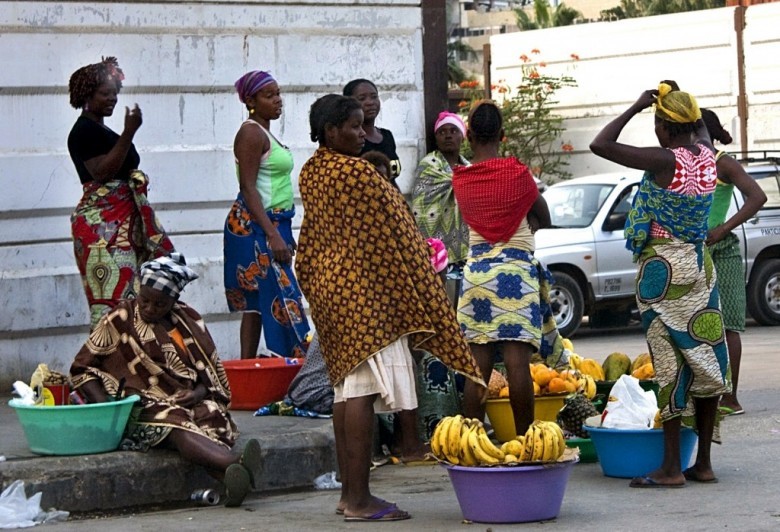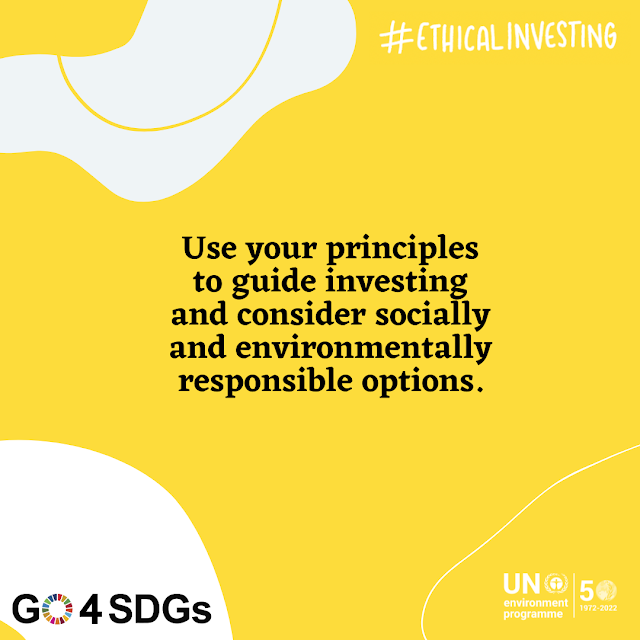Ethical Investing, Divestment, and Energy Positive Homes
Dearest in Mind, welcome to the tenth day of our program!
We went through FOOD, STUFF and MOVE domains. So far, the #AnatomyofAction has reached 8.3 million people worldwide! From today, we are all invited to use our MONEY more consciously. This will enable us to employ higher awareness when deciding which businesses, banking institutions, or energy providers we use.
Ethical investing is a strategy where an investor chooses investments based on a personal ethical code.
WHY INVEST IN ANGOLA?
- Investing in Angola is investing in a country with over 3 million hectares of arable land and over 1,650 kilometers of coastline;
- An African country with enormous potential in mineral and natural resources such as oil, natural gas, diamonds, iron, gold and more;
- Angola has a privileged hydrographic basin that represents 12% of the water tables of Africa;
- Investing in Angola is investing in a growing African country with numerous business opportunities in sectors ranging from Agriculture, Fisheries, Agriculture, Health, Transport, Manufacturing Industry, Mining, Energy and others;
- A country with economic and political-social stability, with a favorable business environment and bilateral agreements to promote and protect investment.
Ethical investments have a positive impact on the world while also aiming to make a profit. It means you get a financial return without sacrificing your social, moral or religious principles. Green investing refers to investing activities aligned with environmentally-friendly business practices and the conservation of natural resources.
What are ethical investments?
Ethical (as applied to funds) Applying negative and/or positive ethical or ‘values-based’ screens to help sift investments.
Sustainable and Responsible Investment (SRI)/Socially Responsible A wide range of investment strategies that focus on ethical, social and environmental issues.
Environmental, Social and Governance (ESG) investing Strategies that take into account environmental, social and governance related risks and opportunities, often to help reduce risk.
Impact investing Investing in a way that delivers measurable social and/or societal effects and benefits as well as financial returns.
Dark green investing A strictly screened approach, avoiding any company or industry that does not meet its criteria.
Light green investing Seeks out companies that are doing good as opposed to excluding companies that are considered to cause harm.
Sustainable investing Focuses on environmental and social sustainability issues to help deliver strong investment returns and address issues such as climate change.

Mango sales are a new source of livelihood for many families in Luanda

In addition, hunger forces 124 families to feed on green mangoes in the Country. Old ladies, children and young people find their livelihood in this business. Mango is one of the most popular fruits in the market, not only for being cheap but also for being very delicious.
Over the next three days, we will understand what Ethical Investing, Divestment, and Energy Positive Homes mean; we do not need to have a bank account to start learning about green finance, pensions funds, and resource-efficiency. For instance, did you know that just 100 companies, all in the oil and gas industry, are responsible for 71% of global carbon emissions? We need to take action to ensure we support those that enable SDG 12 (sustainable consumption and production).
These facts provide you with some food for thought and information to explain why it is fundamental to participate in this domain of the challenge:
Financial institutions provide the capital funding over-exploitation of lands and seas, positioning biodiversity in free-fall. However, global inflows into sustainable funds are increasing, making ethical investing easier for everyone.
In the last 30 years, urban areas have doubled at the expense of forests, wetlands and grasslands! We should always keep in mind that how the construction sector uses natural resources has a huge impact on ecosystems and biodiversity.








No comments:
Post a Comment
Note: only a member of this blog may post a comment.